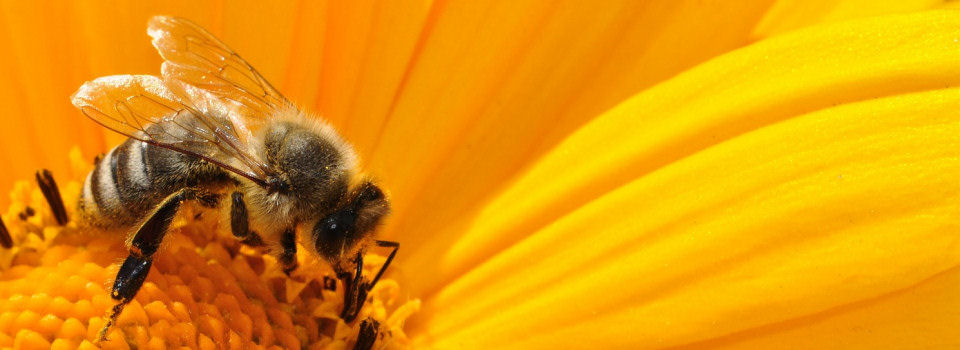Changing Consciousness from Consumerism to Gift-Thinking Awareness
 The Possibility of Deviating from "Ownership" to "Responsibility."
The Possibility of Deviating from "Ownership" to "Responsibility."
I like to diversify my posts a bit, and I thought it would be interesting to share a new, yet old, idea that I came across in a book called Braiding Sweetgrass: Indigenous Wisdom, Scientific Knowledge, and the Teachings of Plants by Robin Wall Kimmerer, a Potawatomi woman, botanist and ecologist. I haven't made it all the way through her book, because it's so full of wisdom and ideas that I enjoy savoring each chapter, reading it, putting it down, absorbing it, and then coming back. It's a slow process, but one I enjoy with good books.
The most recent chapter that I read was, "The Gift of Strawberries." In this chapter Kimmerer discusses the bounty and joy of picking wild strawberries and the gift of fruit. As a child she picked wild strawberries and then gave them to their mother to bake as a special gift for their father. In the chapter she states, "Gifts from the earth or from each other establish a particular relationship, an obligation of sorts to give, to receive, and to reciprocate." The idea that she develops is that the way that an object comes to you, the relationship of how you acquire it, colors how you use and own it. In modern store bought consumerism, objects that are bought do not have an "inherent obligation" to them because the reciprocity ends when you pay for that object. There is no relationship established between the manufacturer and the buyer. However, the author goes on to explain, when the relationship changes, from producer and consumer to giver and receiver, then a bond is created between the two people. In a "gift economy" there is no capital, or collateral. What develops instead is not "something for nothing" but a form of obligation between individuals. The gifts are not free because they come with an obligation to reciprocate by either giving back to the giver, giving the gift to someone else (thus increasing the value), or not asking for "too much" because what you are receiving is a gift.

Imagine how different it would be if you went to the local market to purchase socks, and found a little old lady with rows of knitted socks on a blanket. You would pick out a beautiful pair of socks and ask her how much they cost. She would not accept any money, only smile and tell you that they are yours, patting your hand and putting them in your basket. In this one act you would then become responsible for bearing the weight of her gift. Because all gifts come with responsibility. Your responsibility would then be to either reciprocate in some way, by sharing with her your talents, mowing her lawn, bringing her food you've grown, or sharing with someone else (even though she didn't ask). I know this is difficult to conceive in a consumer society like ours, but the visualization is interesting. Kimmerer isn't suggesting that this scenario, in such a large world as ours, could actually play out everywhere. We couldn't all revert to a more primitive time or means of making a living. But what she is suggesting is that in modern society we shift our attitude to the idea that all the things that come from the Earth are a gift, and those gifts are passed on to us through others, thus we bear a responsibility.
Shift the image of the sock scenario to a pack of socks bought at the local store. Instead of seeing the socks as a commodity, purchased and bought, they could be viewed as a gift from the factory that made them, the people that assembled them, and the cotton plants growing in the Earth that gave their cotton for them. The commodities going into the socks then becomes something more, something valuable, with a shift in perspective. We then have an obligation to the "gift" to participate in the gift giving. We could refuse to buy gifts that were not given in good faith; grown with pesticides and chemicals, or made with poverty wages. We could also choose to only purchase "gifts" from the Earth that we really need, and only that, nothing more. You would not ask for more gifts from an elderly grand mother if you knew that it cost her dearly to give you just one.
As the author states, "If all the world is a commodity, how poor we grow. When all the world is a gift in motion, how wealthy we become." the idea of seeing the gifts of the Earth, food, clothing, water, heat, shoes, even cars and computers, as gifts could perhaps help us shift our thinking from the idea that all of these are just things to be paid for and used up. Instead, we should view our food, clothing, homes, houses, etc. as gifts. This type of gift thinking would be a shift in cultural perspective for most of us. It implies a responsibility to reduce what we use, because taking too many "gifts" is wrong. It's also implies that these gifts are meant to be used and shared, not held on to, because after all they were gifts to us and not ours in the first place.
I also appreciate the author's approach to Native wisdom from a biological perspective. It's something that I think blends nicely, that we're seeing more and more. This quote struck me as quite relevant,
The relationship of gratitude and reciprocity thus developed can increase the evolutionary fitness of both plant and animal. A species and a culture that treat the natural world with respect and reciprocity will surely pass on genes to ensuing generations with a higher frequency than those that destroy it. The stories we choose to shape our behaviors have adaptive consequences.
I like Kimmerer's concept of shifting our cultural perspective from consumerism to "gift-thinking." Try it for a few days. Shift your thinking as an exercise and see how it changes your daily patterns, such as leaving water on when you brush your teeth, buying more food than you'll really use at the supermarket (you know at some point you've bought too much and thrown it out), or using extra paper in the photo copier. This vision, and exercise, could help bring about a change in our consciousness of how we use the gifts that the Earth provides.

